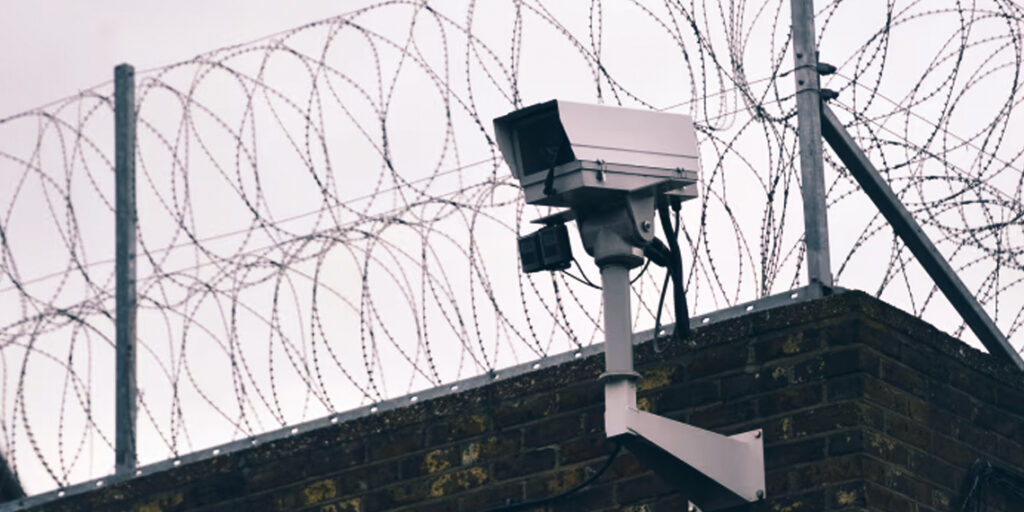The security systems at numerous prisons across England and Wales, including high-security facilities housing some of the nation’s most dangerous inmates, are not fully operational, the President of the Prison Governors Association (PGA), Tom Wheatley, has revealed.
According to Wheatley, “multiple tens of prisons” are grappling with malfunctioning CCTV and alarm systems—some of which have remained faulty for months or even years.
In comments to the Financial Times, Wheatley explained that governors are struggling to access the limited maintenance funds available, with priority given to essential repairs preventing cells from becoming uninhabitable.
The warning comes amid escalating concerns about the state of the UK’s prison infrastructure, highlighted by recent high-profile escapes.
In June 2024, a prisoner from Kirklevington Grange Prison evaded capture for a month, while another inmate who fled Wormwood Scrubs in July was apprehended within days.
The situation drew further attention following the case of former British soldier Daniel Khalife. Convicted in November for espionage on behalf of Iran, Khalife managed to escape from HMP Wandsworth in September by hiding beneath a delivery truck, spending four days at large before his recapture.
Chronic Underfunding Exacerbates Crisis
The revelations underscore the growing challenges faced by the prison system, despite government commitments to add thousands of new prison spaces.
Officials have warned that chronic underfunding is causing cells to fall into disrepair at a pace that undermines efforts to expand capacity.
Data from the National Audit Office (NAO) shows that over 4,150 prison cells have been permanently closed since 2010, outstripping the capacity provided by the newest facilities.
Furthermore, between 2020 and September 2024, the estimated cost of overdue maintenance in prisons more than doubled, soaring from £900m to £1.8bn.
While contractors maintain basic perimeter security systems, substantial repairs or upgrades often require prisons to apply for additional state funding—a process that Wheatley described as fraught with obstacles. He cited examples of prisons being denied requests for CCTV upgrades or replacements due to a lack of funding.
“Investments have focused on maintaining heating systems and other essentials to ensure cells remain usable, often at the expense of security,” Wheatley said.
Government Response
The Ministry of Justice (MoJ) has faced criticism for its handling of the prison estate but declined to disclose how many facilities currently lack fully functional perimeter security.
Sources close to the matter indicated that the MoJ does not maintain an up-to-date record of this information.
In a statement, the MoJ acknowledged that it had inherited a “prison system in crisis, with crumbling infrastructure and staff under immense pressure.”
It highlighted plans to invest £500m in prison and probation services between 2024 and 2026 as part of a broader effort to rebuild the sector.
“We are now beginning the work of rebuilding our prisons,” the ministry stated, emphasising its commitment to addressing the challenges facing the penal system.
This ongoing crisis raises urgent questions about the UK government’s ability to balance expansion with adequate maintenance of its overstretched prison estate, as concerns grow over public safety and system resilience.


